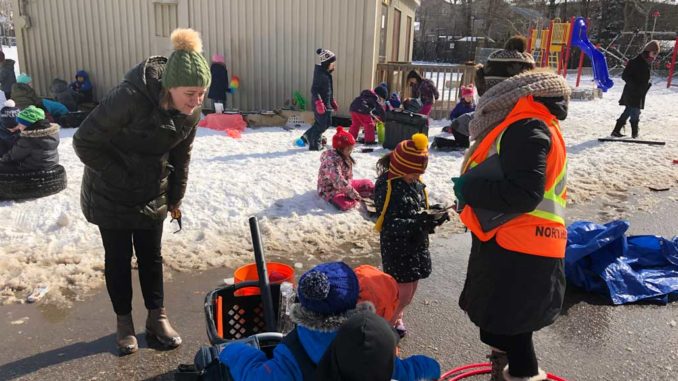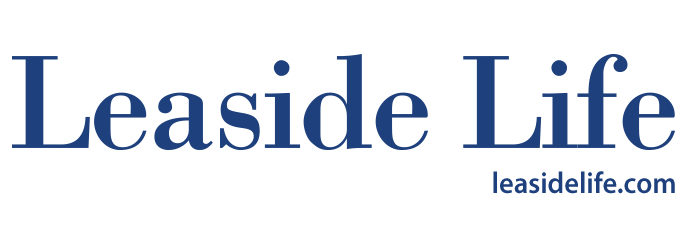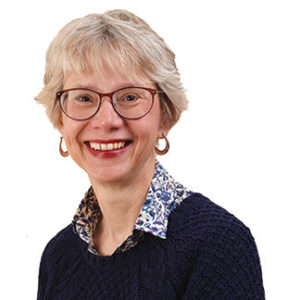
Most of us have fond childhood memories of playing in the snow. But the children of Northlea Elementary and Middle School got a special treat on March 1, 2019 when the school held its first Outdoor Play and Learning (OPAL) Play Day.
Principal Barbara Sandler first announced in last June’s newsletter that the school would be joining the OPAL program in September, explaining that the TDSB had partnered with Earth Day Canada and the OPAL initiative from the UK three years ago. The purpose of the program, according to OPAL and Earth Day Canada, is “to make play an integral part of the school day” so children “can explore their imaginations, physicality, friendships and the world around them.” This is especially important since only about 9% of children aged 5 to 17 get the required 60 minutes of exercise a day (source: Northlea newsletter).
The benefits of unstructured play are well-known – from promoting physical and emotional health and well-being to improving social skills, learning and attention at school.
March 1 was the official launch of one of OPAL’s key components – “playing with loose parts” – and was a good opportunity “to gather momentum for the OPAL program and the ways in which it can be incorporated into various aspects of the curriculum,” according to Vice-Principal Rachel Berger. She also created the slogan “Create and Play Your Way” referring to the student-driven, unstructured nature of the activities.
Fittingly, the sun was shining as classes came out to embrace the joys of OPAL in four different time slots as well as at recess and lunch. They happily descended on an array of actual loose parts, various items that had been donated over the past few months – tires, feather dusters, kitchen equipment, milk crates, plastic tubing, boxes and suitcases – used for building different structures, making up games, cooking and baking, playing tug-of-war and sledding.
Amanda Santos, Grade 1/2 teacher and lead curator of loose parts, explained that because this type of play has “no fixed outcome,” it allows students to see what they can do, encouraging them to make their own decisions and try different approaches to problems while weighing the possible risks, with the guidance of teachers. In this scenario, she added, “kids can learn things that we can’t teach them, and it gives the staff a good opportunity to see our students in a different light.”
The day was a great success with all the students engaged and enjoying themselves. Ms. Berger commented that no one complained or asked to go inside to the warming station, and it was an “excellent opportunity to assess the program.” Staff were asked to fill out feedback forms about their “stars” and “wishes” for the day to help chart the OPAL path ahead.
That consultation process has been part of the program since September. As Principal Sandler said, the Play Day provided the staff with the chance to “learn more about our students’ interests and desires. We want OPAL to meet the community’s needs,” and therefore “we are implementing it gradually and are working to keep the lines of conversation open with students, staff and parents” to ensure the best possible OPAL experience for the children of Northlea.


